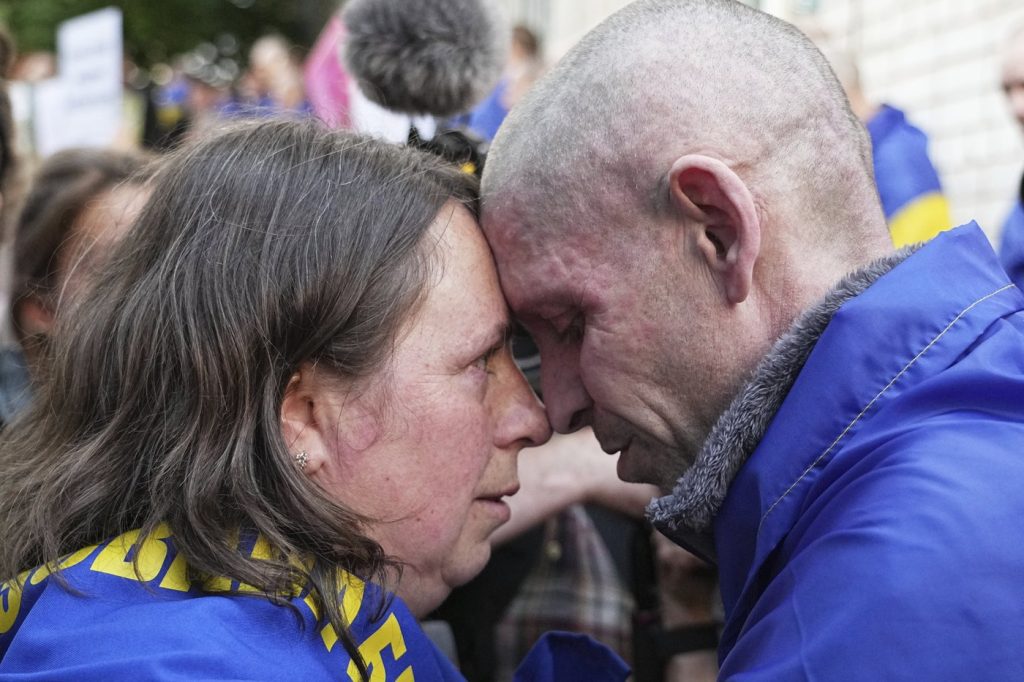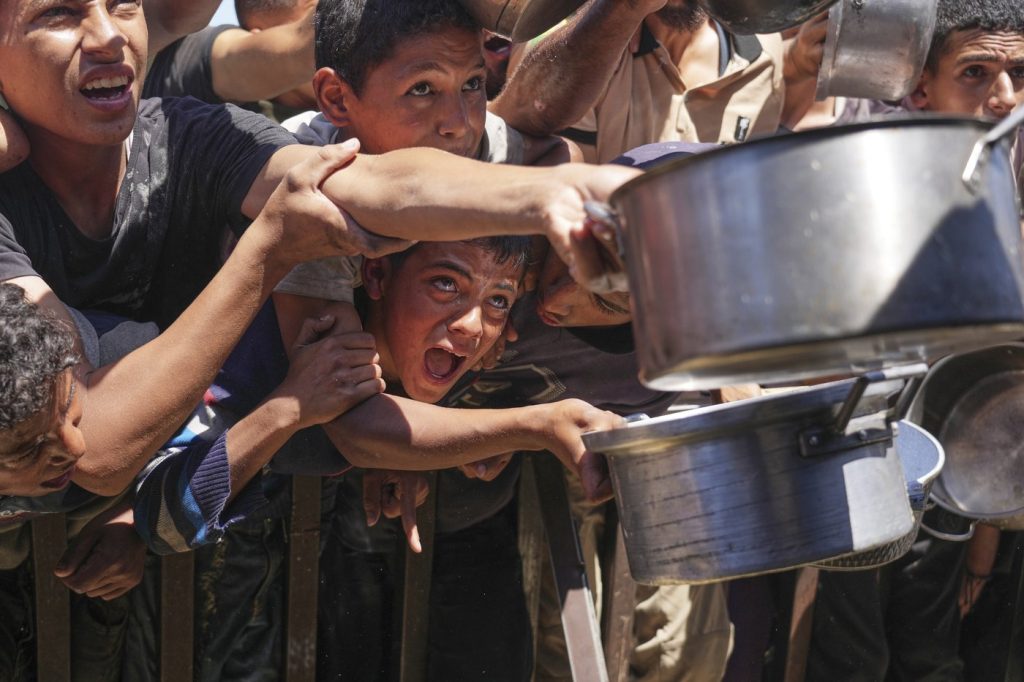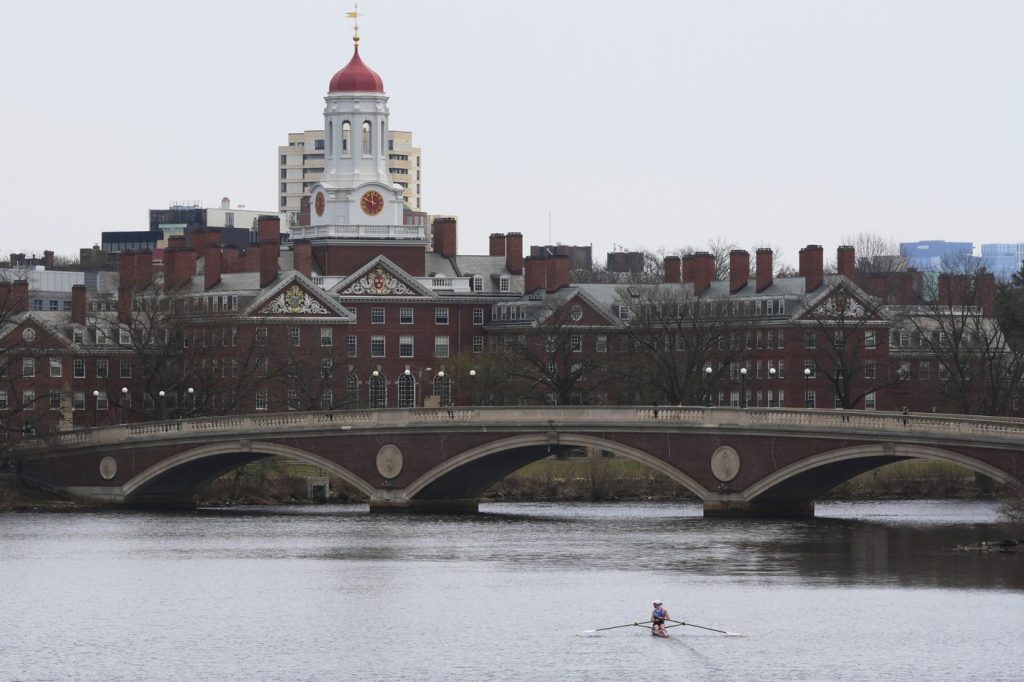CHERNIHIV REGION, Ukraine In a significant development in the ongoing conflict between Russia and Ukraine, both nations commenced a major prisoner exchange on Friday, resulting in the release of hundreds of soldiers and civilians. This action marked a rare moment of cooperation amid broader failed efforts to negotiate a ceasefire in the nearly three-year-old war.
Ukrainian President Volodymyr Zelenskyy announced that the initial phase of the exchange brought home 390 Ukrainians, which included both soldiers and civilians. The Russian Defense Ministry reported receiving the same number of prisoners from Ukraine. President Zelenskyy expressed the importance of these exchanges through a post on Telegram, thanking all involved in facilitating the return and vowing to pursue further diplomatic efforts for more exchanges.
The reunion elicited emotional reactions from dozens of relatives who gathered to welcome the freed captives at a medical facility in the Chernihiv region of Ukraine. Some men disembarked from buses wrapped in Ukrainian flags, displaying a spectrum of emotions ranging from joy to disbelief.
The agreement for this exchange was made during peace talks in Istanbul the previous week, which represented the first direct communication between the two sides since the early days of Russia’s 2022 invasion. However, despite the exchange and the brief meeting lasting only two hours, no substantial progress was made in ongoing diplomatic efforts led by the U.S. to halt the fighting.
The prisoner swap occurred at the border of Belarus in northern Ukraine, as confirmed by an anonymous Ukrainian official. The released Russian prisoners were subsequently taken to Belarus for medical treatment as per statements from the Russian Defense Ministry. This exchange, while being the most considerable yet involving Ukrainian civilians, did not lead to any cessation of hostilities on the battlefield.
Fighting continued along the extensive front line of approximately 1,000 kilometers (620 miles), where both sides sustained substantial casualties. Russia reportedly launched two ballistic missiles targeting infrastructure in the southern Ukrainian port city of Odesa, resulting in the deaths of two workers and injuries to eight. Additionally, attacks were reported in the Kherson region, leading to the deaths of three civilians and injuring ten others, as stated by the Kherson Regional Prosecutor’s Office.
As the freed individuals entered the medical facility, many relatives anxiously held signs and photos of their loved ones, hoping for news. Among the emotional reunions, Nataliia Mosych expressed her joy upon seeing her husband Ivan for the first time in nearly two years, stating, "It is an unbelievable feeling. I am still in shock." Others shared similar sentiments, with many expressing disbelief over their release, as they struggled to recall details of their lives before capture.
Former U.S. President Donald Trump made a public acknowledgment of the exchange, stating on social media that a major prisoner swap had taken place and suggested it could lead to significant diplomatic efforts to reduce tensions.
Despite the optimism surrounding the prisoner exchange, there are no new talks scheduled between Russia and Ukraine. Following the Istanbul discussions, Turkish Foreign Minister Hakan Fidan described the prisoner swap as a "confidence-building measure" and indicated that both parties had agreed to reconvene. However, Kremlin spokesperson Dmitry Peskov stated that no venue had yet been determined for additional discussions, amidst ongoing diplomatic maneuvering.
Russian Foreign Minister Sergey Lavrov mentioned that Moscow would present Ukraine with a draft document outlining its conditions for a sustainable peace agreement after the completion of the current prisoner swap. European leaders have criticized Russian President Vladimir Putin for stalling peace negotiations while intensifying military initiatives on the battlefield to capture more Ukrainian territory.
Despite the prisoner exchange, the two sides remain significantly far apart on key conditions necessary for ending the conflict. President Zelenskyy has warned that continued rejections of ceasefire proposals by Russia would indicate a deliberate intention to prolong the war, potentially leading to more robust international sanctions against Russia.












